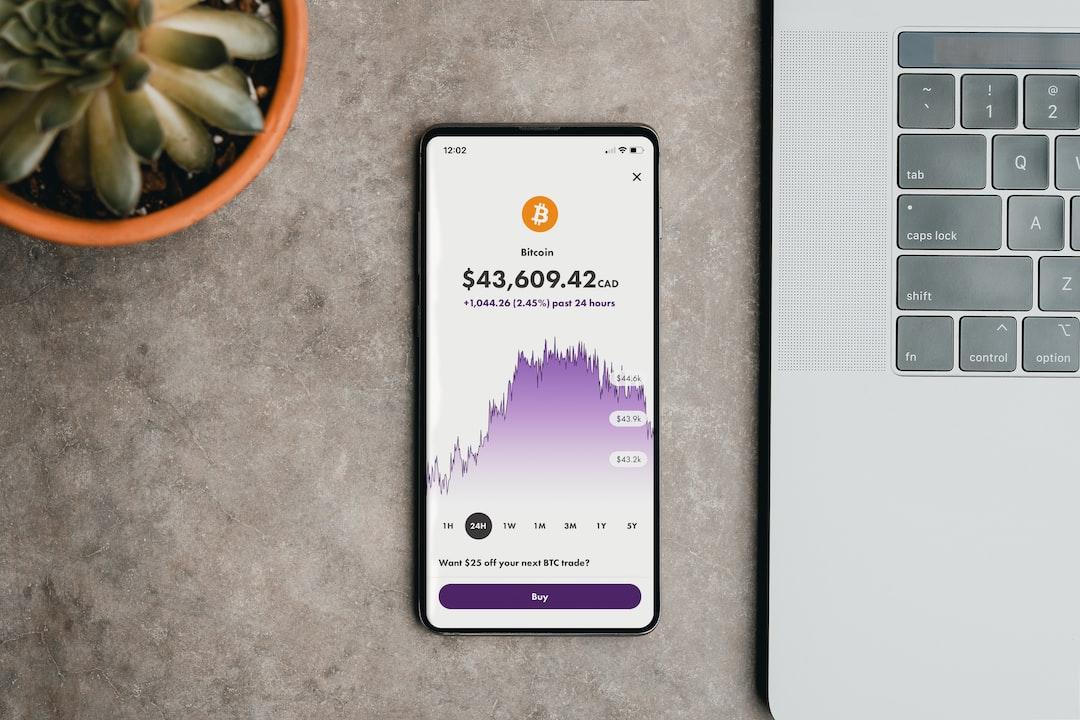Internet connectivity in India, the world’s most populous country, is set to become more decentralized with the introduction of a new innovation called the decentralized physical infrastructure network (DePIN). Wifi Dabba, an internet service provider, announced its plans to deploy over 100,000 DePIN devices across India by the end of the year to connect the unconnected. Despite India’s massive population of 1.43 billion people, the penetration of broadband connectivity remains low, with only 30 million citizens having regular access to WiFi and almost 50% having no access at all.
This upcoming deployment will be the second time Wifi Dabba has issued its DePIN-connected devices. The company has already seen a steady monthly consumption of 90-100 terabytes of paid data across the devices that have already been sold. Users who own their router hardware will have the opportunity to earn the Wifi Dabba token as a reward for the data consumed by hotspot users.
Karam Lakshman, the CEO of Wifi Dabba, explained that India is an ideal location to deploy DePIN technology due to the lack of access for many Indians and the focus of major telecom companies on urban areas. He emphasized that it could take several decades to connect the entire country using the current centralized model. Furthermore, as the fifth-largest economy and the second-largest holder of crypto, India is in need of faster infrastructure development to support its economic growth and technological innovation.
Shubhendu Sharma, the chief operating officer of Wifi Dabba, highlighted the advantages of DePINs over the centralized model. He explained that DePINs allow for accelerated infrastructure expansion through incentivized deployers like local cable operators. The involvement of multiple stakeholders and the transparency of the DePIN model can lead to better services and accountability for users.
Wifi Dabba’s existing networks in Bangalore have already seen widespread usage across diverse economic strata, with use cases ranging from taxi and delivery drivers to corporate executives. The company has also contributed to Google’s local public WiFi initiatives in India and laser free-space optical communication internet deployments, which have improved internet accessibility nationwide.
DePINs have gained traction in the Web3 community as a significant innovation to bridge the decentralized world with the mainstream. In 2023, one company even tokenized 100 Tesla cars on the blockchain using DePIN technology for a ride-sharing initiative in Europe. Wifi Dabba expects a significant surge in the adoption of DePINs and supporting services in 2024, particularly in developing nations.
Overall, the introduction of DePIN technology in India and its potential scalability offer a promising solution not only for India but also for other developing nations facing similar connectivity challenges. With its ability to accelerate infrastructure development and provide better services, DePINs can play a crucial role in improving internet connectivity worldwide.

